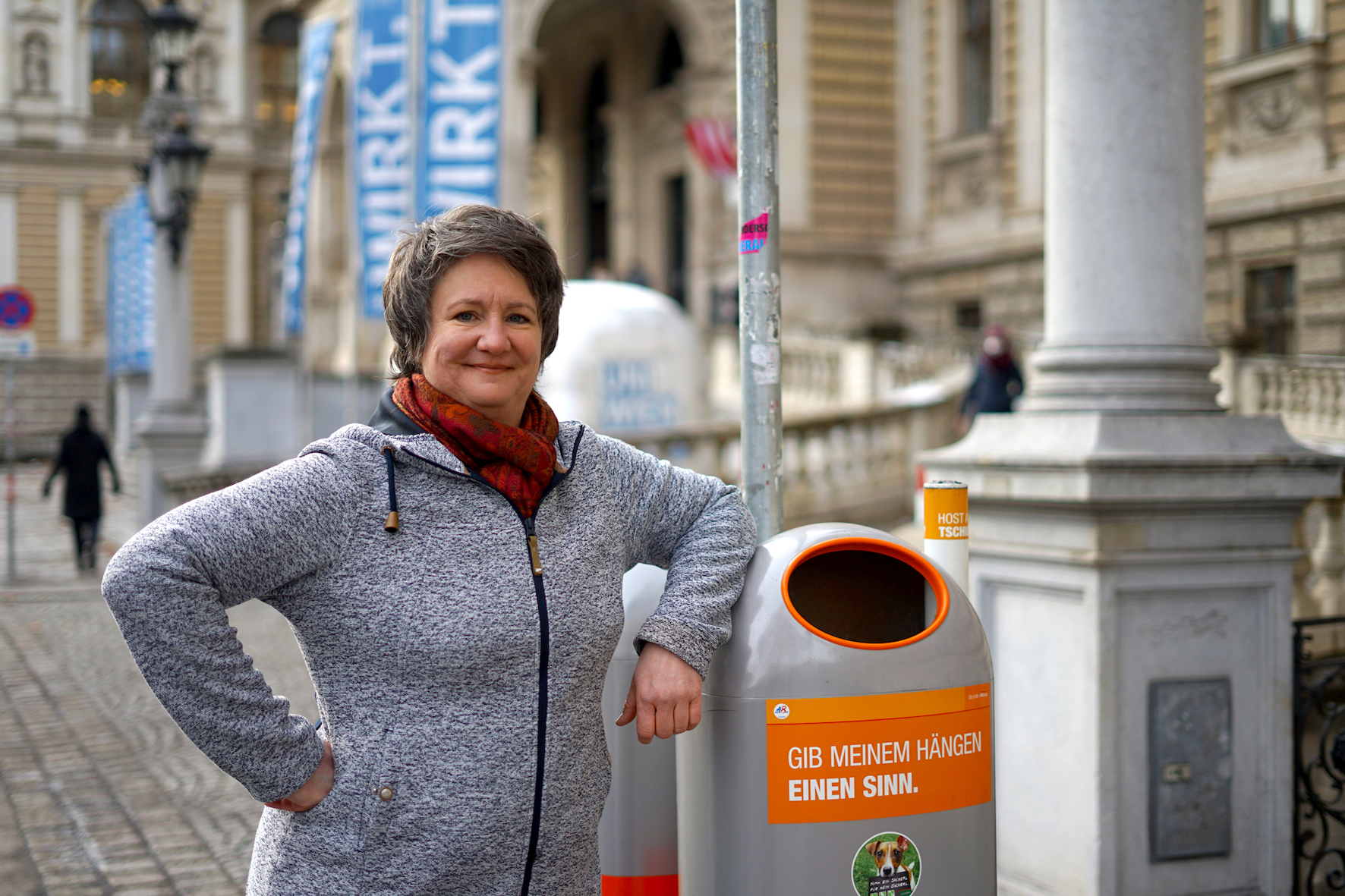Barbara Soukup
University of Vienna
| barbara.soukup[at]gmail.com | |
| Website | https://homepage.univie.ac.at/barbara.soukup/ |
| Project Name | ELLViA |
| Publication Page | https://homepage.univie.ac.at/barbara.soukup/publications.html |
| Field of research | Sociolinguistics |
| Keywords | Variationist sociolinguistics | interactional sociolinguistics | social psychology of language (language attitude study) | linguistic landscape study | cognitive sociolinguistics | perceptual dialectology | folk linguistics |
Barbara Soukup is Assistant Professor for the Sociolinguistics of German in Austria at the University of Vienna’s Department of German Studies. She received her Mphil in English and French studies from the University of Vienna, and her MSc and PhD in linguistics from Georgetown University in Washington, DC, with a specialization in sociolinguistics. In 2014, she was awarded an Elise-Richter research fellowship for the project “English in the Linguistic Landscape of Vienna, Austria” (ELLViA – FWFV394-G23), investigating patterns of occurrence and interactional functions of English language use in written public discourse. She spearheaded the project from 2014 to 2021, alternatingly at the University of Vienna and the Austrian Academy of Sciences, with a parental hiatus for the birth of her son in 2016.
A central theme in Barbara Soukup’s research and teaching is the strategic, agentive use of linguistic variation (the various styles/ dialects/ languages available to speakers) for purposes of rhetorical goals and interactional meaning-making, such as the construction of interactional identities, messages, and relationships. In this, she draws on and integrates theory and methodology from all across the sociolinguistic sub-disciplines, notably from variationist sociolinguistics, interactional sociolinguistics, social psychology of language (language attitude study), linguistic landscape study, cognitive sociolinguistics, folk linguistics, and perceptual dialectology. A major concern of hers is to theorize and analyze language bottom-up, from the perspective of its users, in pursuit of a truly ‘applied’ linguistics.
